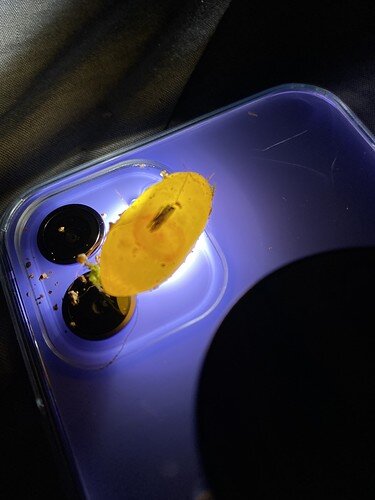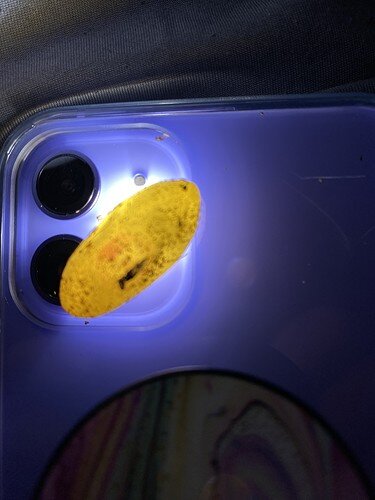Okay again switching topics back to my African fat tailed geckos sorry in advance for the back and forth, but she laid these new pearly white eggs this morning and it took 13 days for her to have new eggs to lay which is weird because last time it took her almost 30 to lay these eggs. Also I added more moisture to the moisture hide and she then started digging and laid the eggs in the morning, but one of the eggs is questionable it’s just as white but it has a half circle inside. Idk if that means it’s fertile all the way or if it’s not.
1 Like

